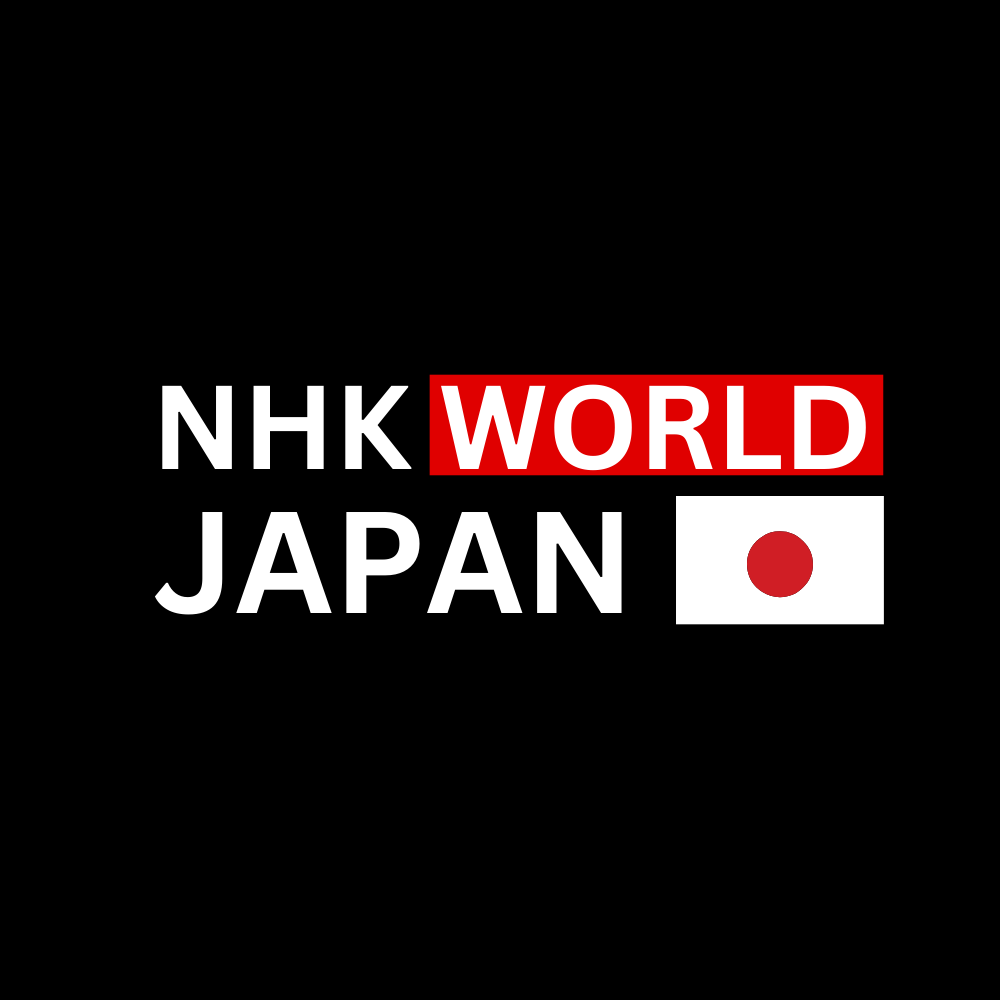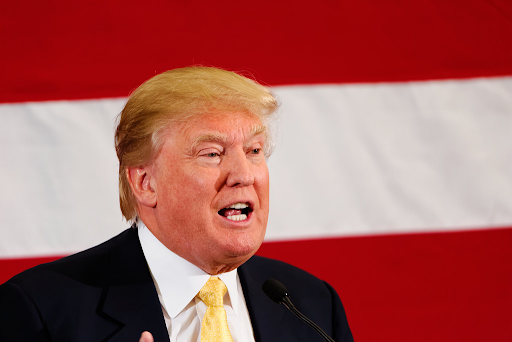Opportunity is knocking loudly on the doors of America’s economic rivals, thanks to a new policy from the Trump administration. The introduction of a $100,000 fee for H-1B visas is being widely interpreted as the U.S. slamming the door on global talent, a move that competitors in Europe and Asia are poised to exploit.
Recruitment agencies from Toronto to London are likely celebrating. They have been handed the single most powerful argument to convince top engineers and scientists to choose their countries over the United States. The pitch is simple: “We want you, and we won’t charge a fortune for the privilege of having you.”
This policy could be the catalyst that breaks Silicon Valley’s long-standing monopoly on top-tier tech talent. For decades, it has been the undisputed center of the tech universe. This fee sends a strong signal that the U.S. is becoming less welcoming, which will inevitably foster the growth of alternative innovation hubs around the world.
The “Hire Americans” justification is being dismissed internationally as a shortsighted and protectionist measure. It suggests a retreat from the global stage and a failure to understand that in a knowledge-based economy, a nation’s power is derived from its ability to attract and integrate a diverse pool of highly skilled people.
In essence, the proclamation is a green light for any nation looking to enhance its own technological capabilities. By making it harder and more expensive for its own companies to access global talent, the U.S. is actively helping its competitors build the industries that will challenge American economic leadership.

